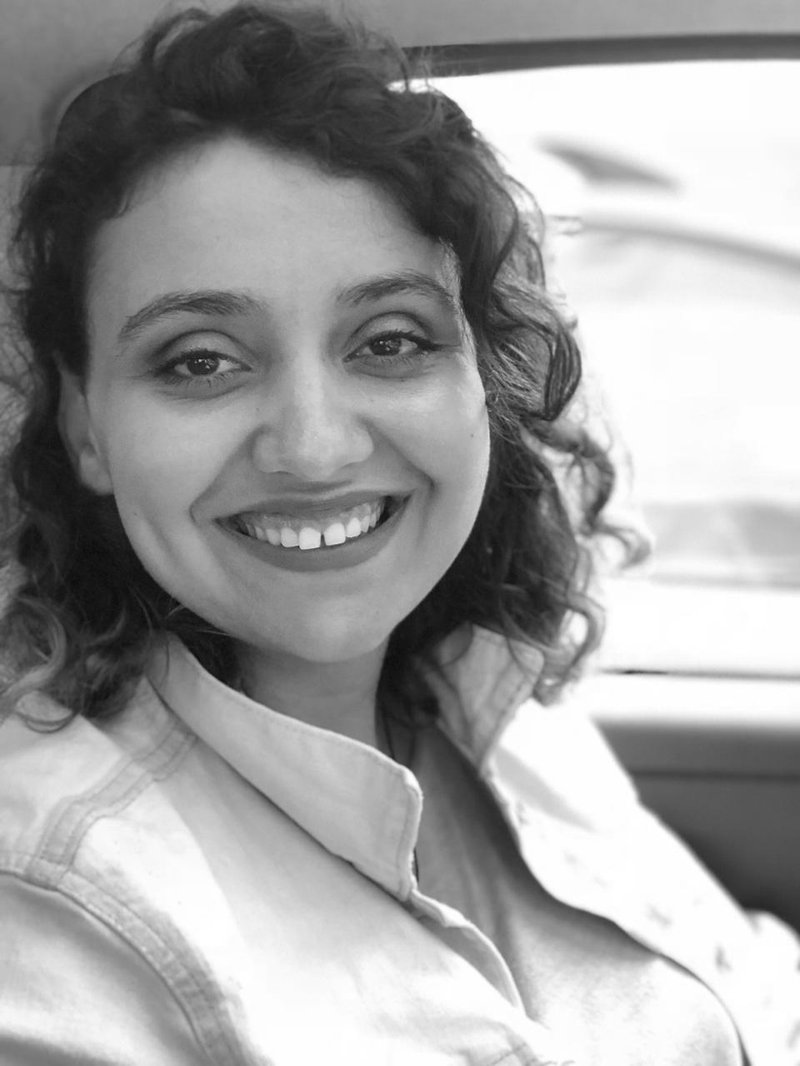Chahrazad Zahi

What does the future hold for museums? How, as professionals, do we see museums evolving in the upcoming years? Which are the challenges museums face while trying to embrace the digital dimension? As a young professional evolving in Morocco, these frontal questions are fundamental themes that I have been pondering on in order to find operational, feasible applications in my local context.
The first concrete outcome of the conference is the intense intellectual stimulus engendered upon being exposed to such a multiplicity of content. The first lectures opened up the idea of the museum being an active entity, an agitator, an educator, and its space as a place where political activism can take shape, as opposed to its current definition as a place of accumulation and a gatekeeper of authority. Other interventions challenged the ability of the museums to engage in acts of representation and intervention, and their role in discussing societal issues between its walls.
Moreover, the concept of ‘decolonizing the museum’ was a common thread of most interventions. Who is the museum including and excluding? and How are inclusive approaches fostered? These lectures, by posing the museum as a place belaying fundamental asymmetries and appropriations, deeply connect to the biases occurring within the institutional scene in Morocco. They also connect with the concerns of the modern pioneer artists, art critics and curators in Morocco as well as in the respective trajectories of the Global South (nationalism, decoloniality, political engagement, artistic autonomy, and avant-garde art reflexions) and how these issues relate to today's contemporary art scene. As I struggle with the notion of "inclusion", the conference offered a diversity of opinions that explored the epistemic assumptions that lie behind the western museum conducting research on the peripherical scenes.
Finally, though we may perceive art as an autonomous sphere of endeavor, it is bound to moral and ethical claims. The interventions during the last day helped me reshape my view on how directors, curators and artists and from different parts of the world are redrafting the Museum.
In the words of Margaret Atwood, “context is all”. I am now in the process of writing a Good Practices guide, transposing these themes to the peculiarity of the Moroccan context. Beyond the intellectual repercussions of the conference, the corollary networking opportunities it allowed are as equally important. Meeting many established professionals was a breath of fresh air, as mentoring, in my view, is a crucial element in the career of young professionals. In addition, many friendships were forged among my fellow Travel Grantees, and with them the promise of future professional collaborations.